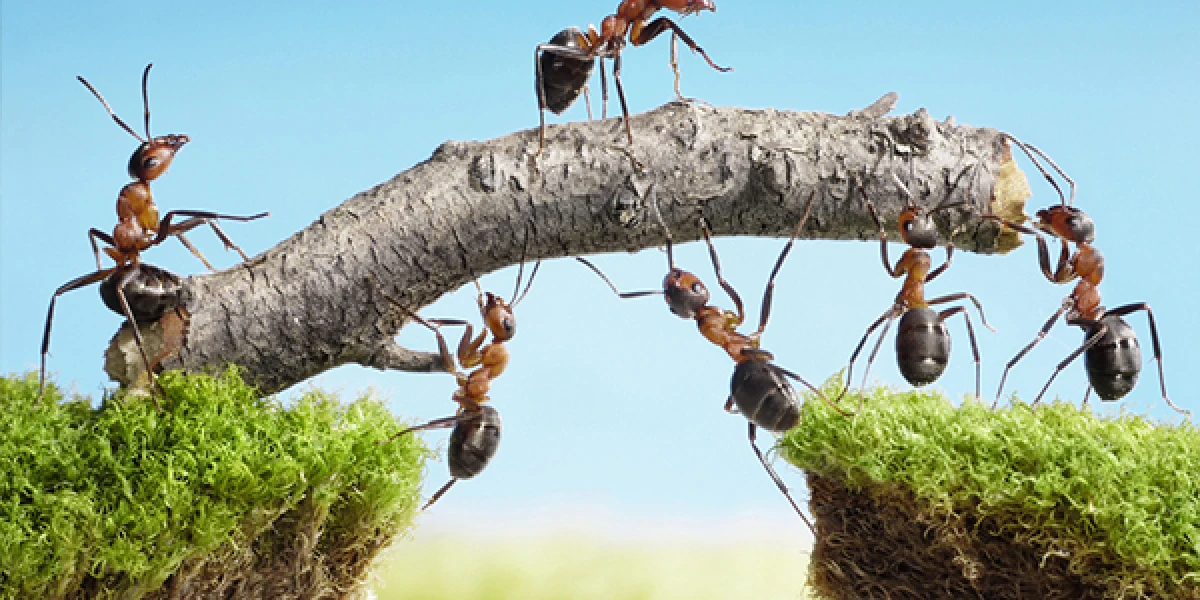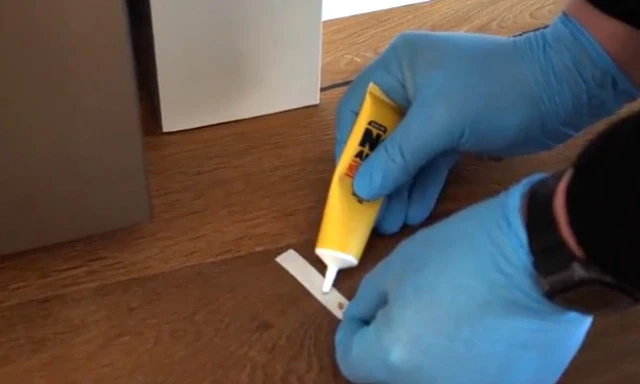Are Ants Not Eating Bait?
Sometimes ants appear to be ignoring baits. This will happen with all ant baits. Ants tend to find and feed on foods dependent on the needs of the nest or colony at the time. They will switch from requiring protein foods to carbohydrate (sugar) foods based on whether the colony is very active in foraging and nest building, when they need lots of sugar for energy, or brood production when they need more protein. They rarely need much in the way of fats but they do need a certain amount at times.
Ants such as Argentine Ants will feed heavily on protein when they invade new territory. They will attack and feed on other insects and invertebrates. This has the effect of removing much of the competition for food in the area and is why these ants are regarded as a major biodiversity pest. Once they have ‘settled in’ to the area they will revert to a more normal carbohydrate-based diet.
Ants may seem to ignore baits for some time when the bait is placed near a trail of ants. Most people expect the ants to quickly feed on it. But they will often ignore the food as they go past it following the chemical trail that already exists leading them to another food source at the end of the trail. What will happen, given time, is a scout ant will find the bait and then lay another trail to the bait. In some cases, it can be days before the bait begins to be taken.
It can also be that the bait has been placed in or on containers or trays such as old jam jar lids etc. which if washed in detergents or other chemicals and not rinsed thoroughly can be deterrent to ants.
Because baits are fed on by the foraging ants and must be taken back to the nest/s it is important that the amount of bait being returned to the nest reaches a level at which mortality exceeds the potential of the colony to produce new ants. This means that as many of the foraging ants as possible must be given the opportunity to feed on the bait and return it to the nest. Baits can be used on their own, control some smaller colonies of ants.
With this knowledge and explanation of the habits of ants we recommend:
- Changing gel bait to Kiwicare NO Ants Liquid Bait(sugar and very little 0.25% protein) if they are not feeding on the gel bait or changing to the NO Ants Nest Killer Gel Bait(7% protein plus sugar) if they are not feeding on the liquid bait.
- Use many small (pea-sized) drops, at as many places as possible, so that as many foraging ants (which are less than 10% of the colony) find and feed on the bait. In this way, enough bait is being taken back the colony to kill more ants than the colony can reproduce.
- Ensure that any surfaces or containers used to place baits on are cleaned and rinsed thoroughly so as not to be deterrent.
For most of the pest ant species, Argentine ants, Darwin ants, white-footed antand others, the colonies can be very large and baits alone will only hope to reduce numbers even when baited efficiently. It is almost always necessary to carry out a full ant control program as described on our Ants page, where bait/s are used first for 1-2 weeks, then internal and external barrier treatment with NO Ants Barrier Spray or NO Bugs Superspray, NO Ants Ant Sand is required to keep the ants outside and stop them entering the buildings where they tend to be a nuisance. Aphids and other sap-sucking insects in the garden should also be controlled as they are farmed by many ants and provide them with sugary honeydew. See Ants in Your Plants.
Download the 1-2-3 Ant Control Programme.


